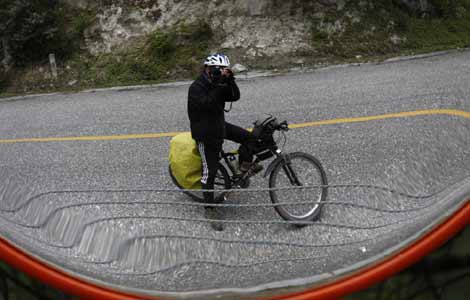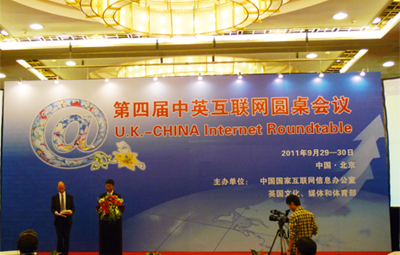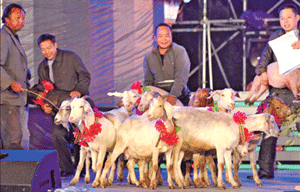SCO stresses co-op against terrorism
Updated: 2011-10-04 07:11
(Xinhua)
|
|||||||||
UNITED NATIONS - Chinese Permanent Representative to the United Nations Li Baodong said here on Monday on behalf of the Shanghai Cooperation Organization (SCO) that the group believed terrorism can only be counteracted effectively by "strengthening collective international cooperation mechanisms through a worldwide multilateral effort".
Addressing a meeting of the Sixth Committee of the UN General Assembly on the subject of measures to eliminate international terrorism, Li said that in the past decade, despite some progress achieved by international community in combating terrorism, terrorism has not yet been eliminated and remains the serious concern for all countries.
The SCO member states emphasized that "counter-terrorism cooperation should be conducted on the principle of respect for international law including state sovereignty and without any 'double standards'," he said.
The SCO, founded in Shanghai in June 2001, groups China, Russia, Kazakhstan, Kyrgyzstan, Tajikistan and Uzbekistan.
Li noted that the SCO member states is gravely concerned about the expansion of terrorist ideology. "Representatives of numerous ethnicities with different religious beliefs and cultural traditions live in the territory of this organization," he said. "It is vital that the idea of condemning terrorism becomes an intrinsic part of the dialogue between religions and civilizations. "
"We actively support the widespread prevention of terrorism, including countering the ideology that nourishes it, and strongly underscore the importance of developing anti-terrorism partnerships between states, civil society, mass media and the private sector," he noted.
The SCO member states vowed to improve the operation of the Regional Anti-Terrorism Structure of the SCO (RATS), and further enhance the practical strategies and measures in the activities of the Structure.
In addition, the SCO believed that strengthening regional security is a priority in Central Asia, where terrorist and narcotic threats emanating from Afghanistan are the major destabilizing factors. The organization therefore supported the vigorous revitalization of relevant activities to break the link between terrorism and organized crime.
"We call for the implementation of relevant decisions of the General Assembly, the Security Council and the creation of a wide network of partnership of interested states as well as international and regional organizations," Li added.










